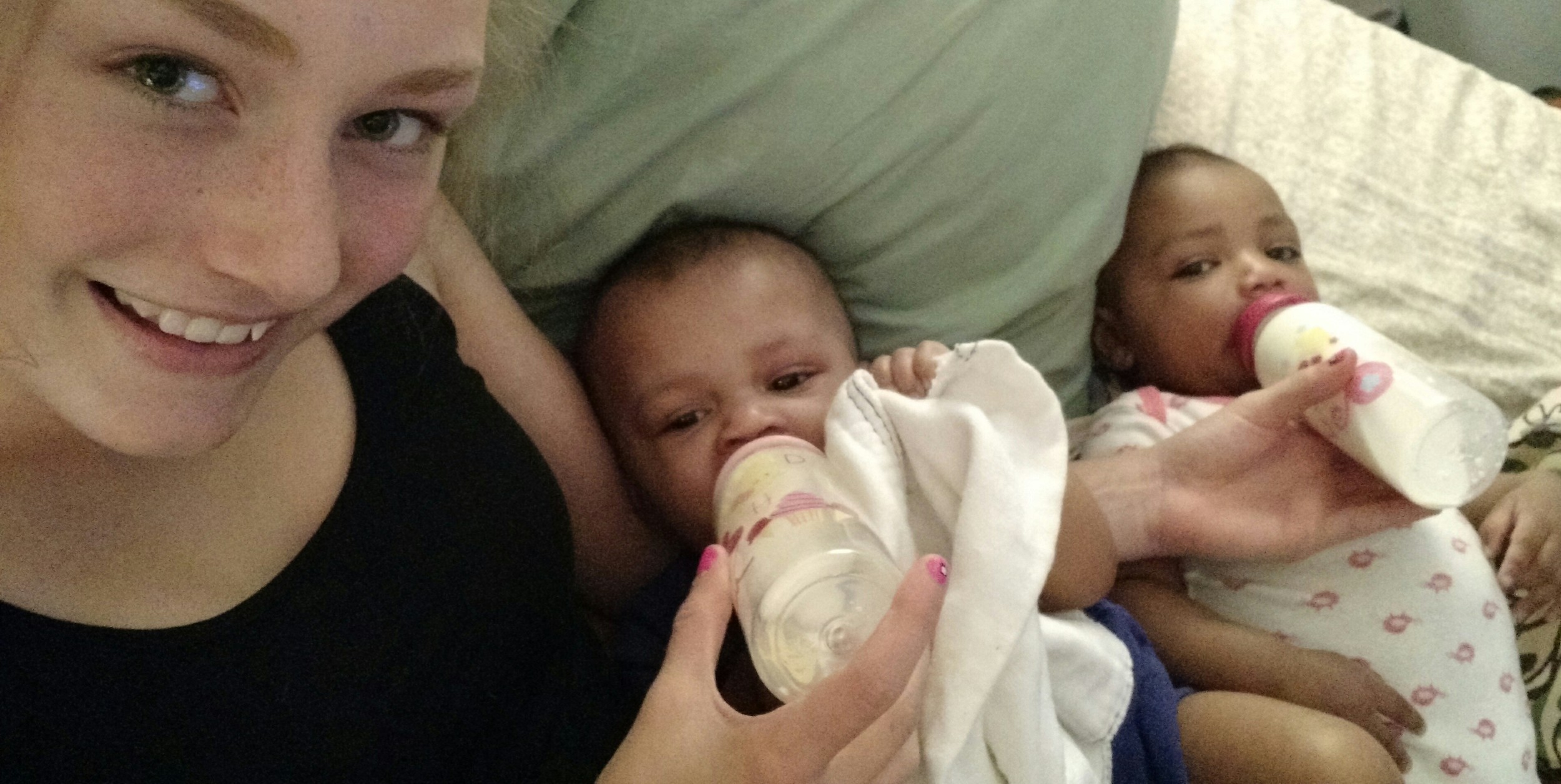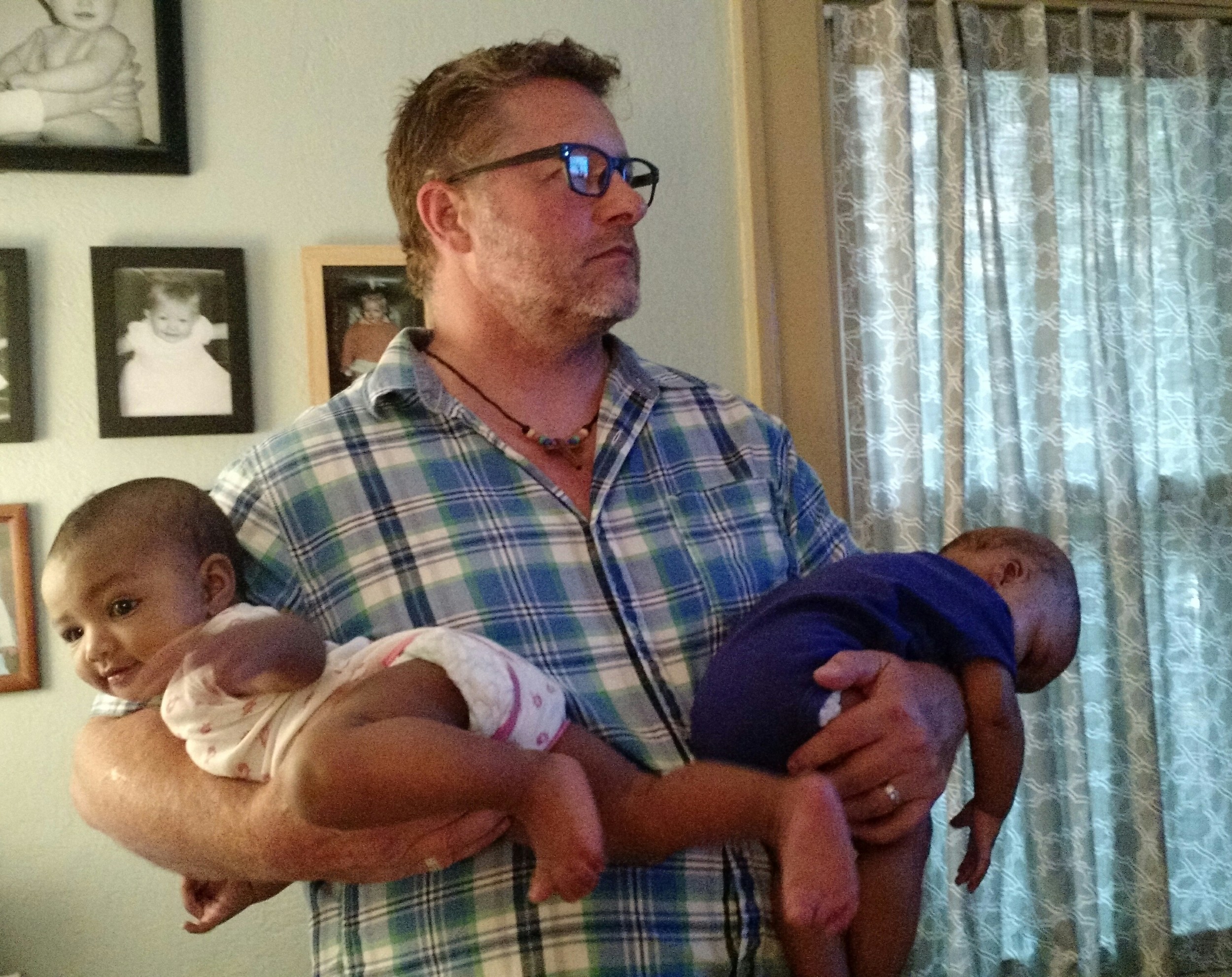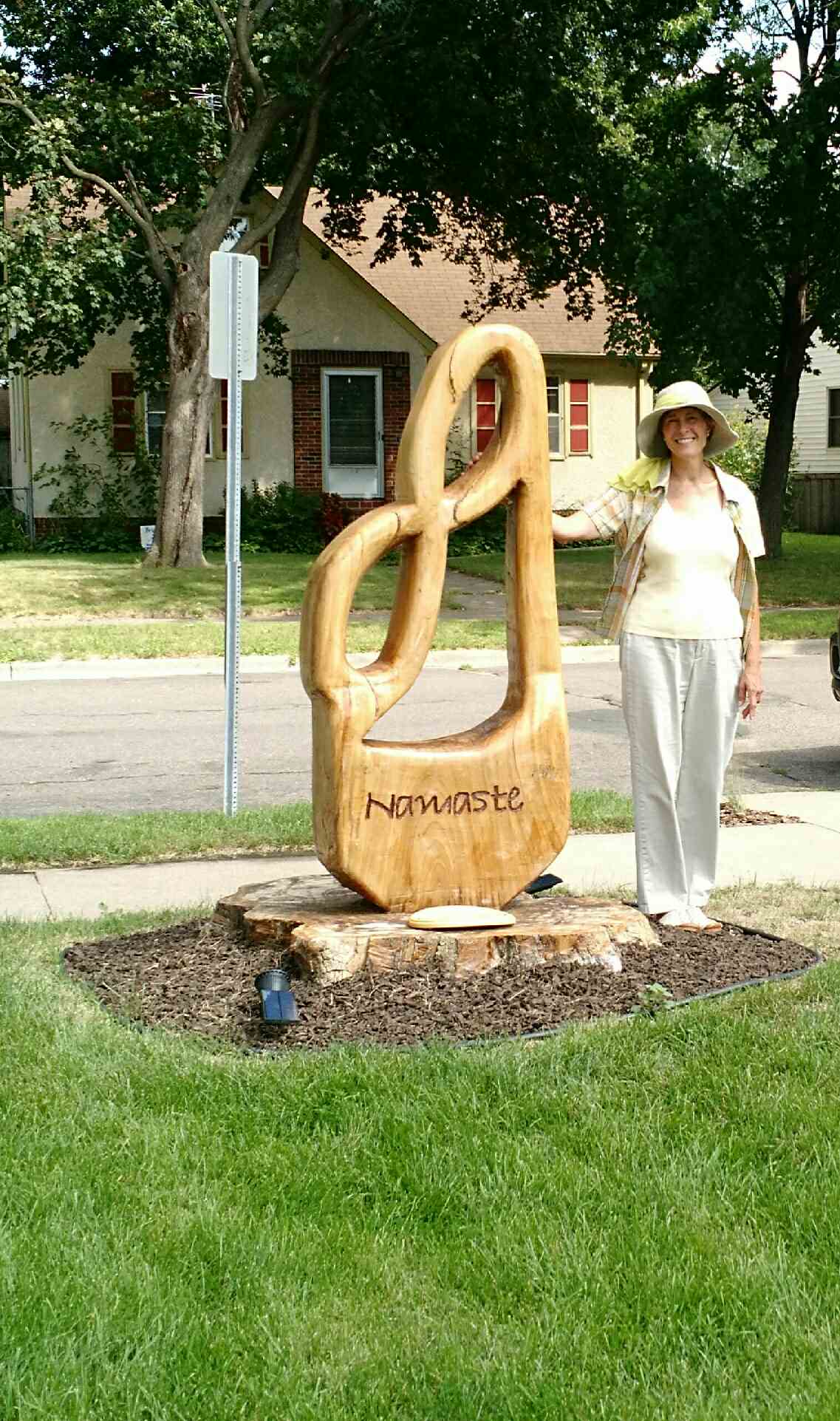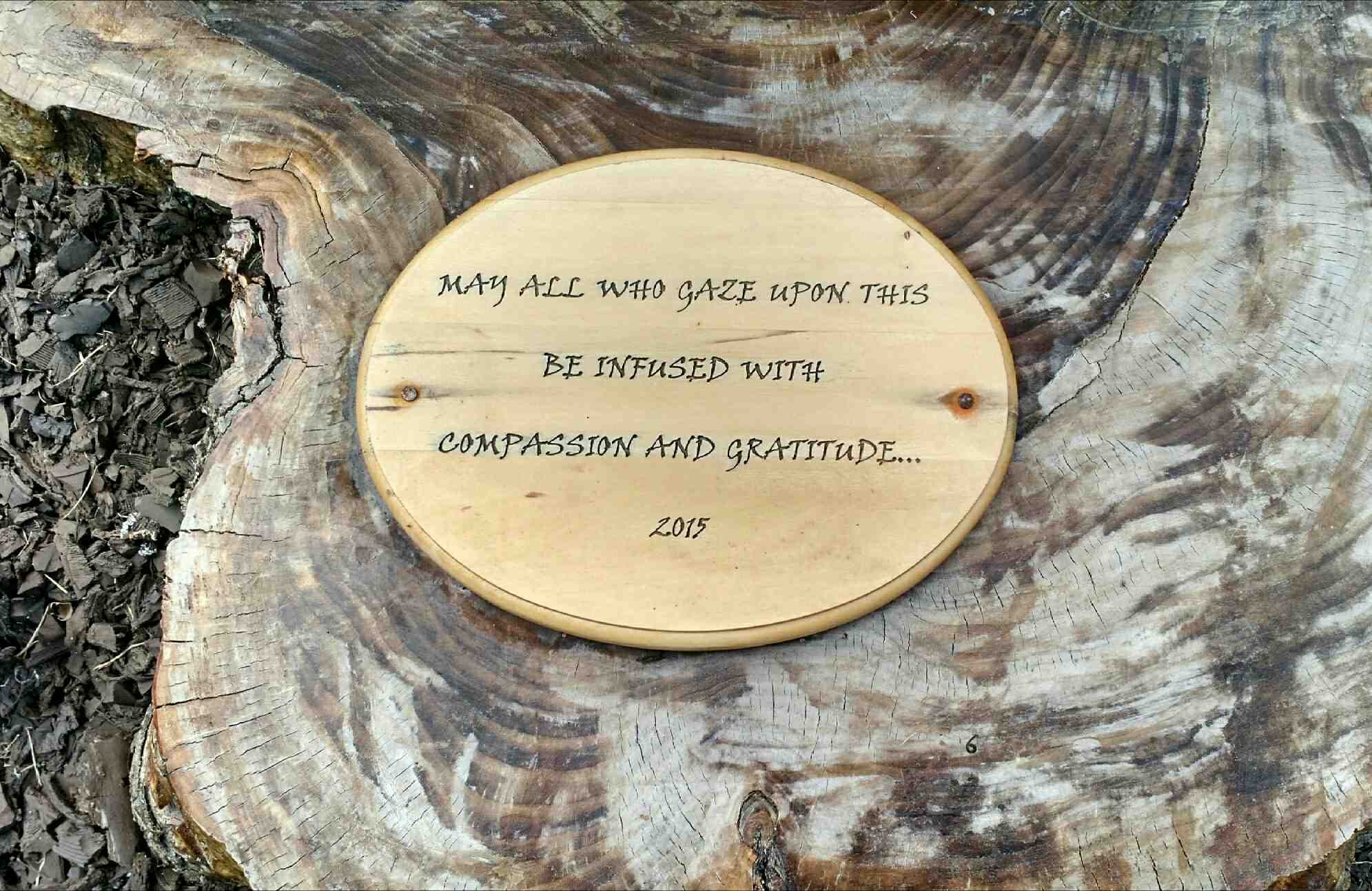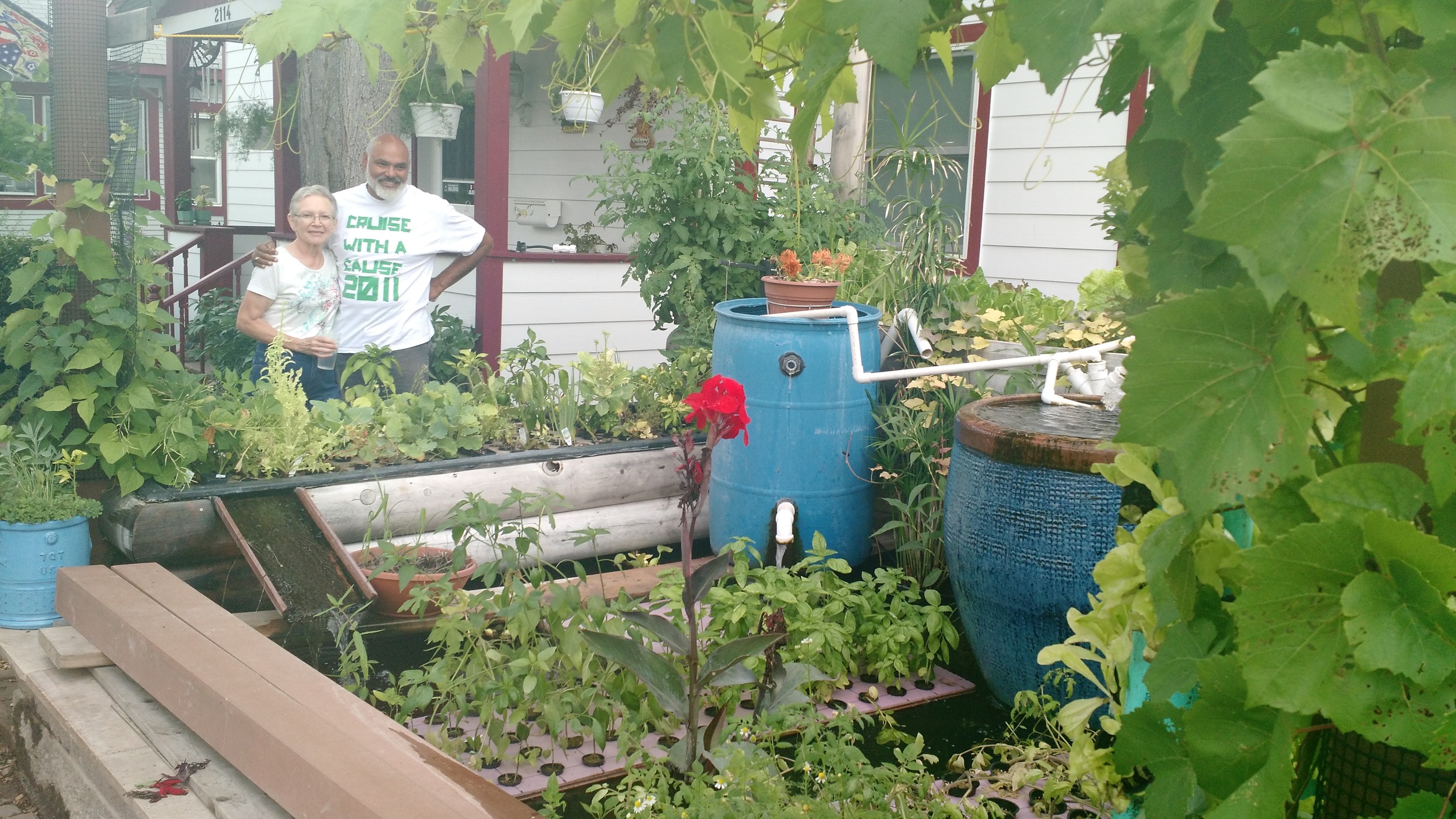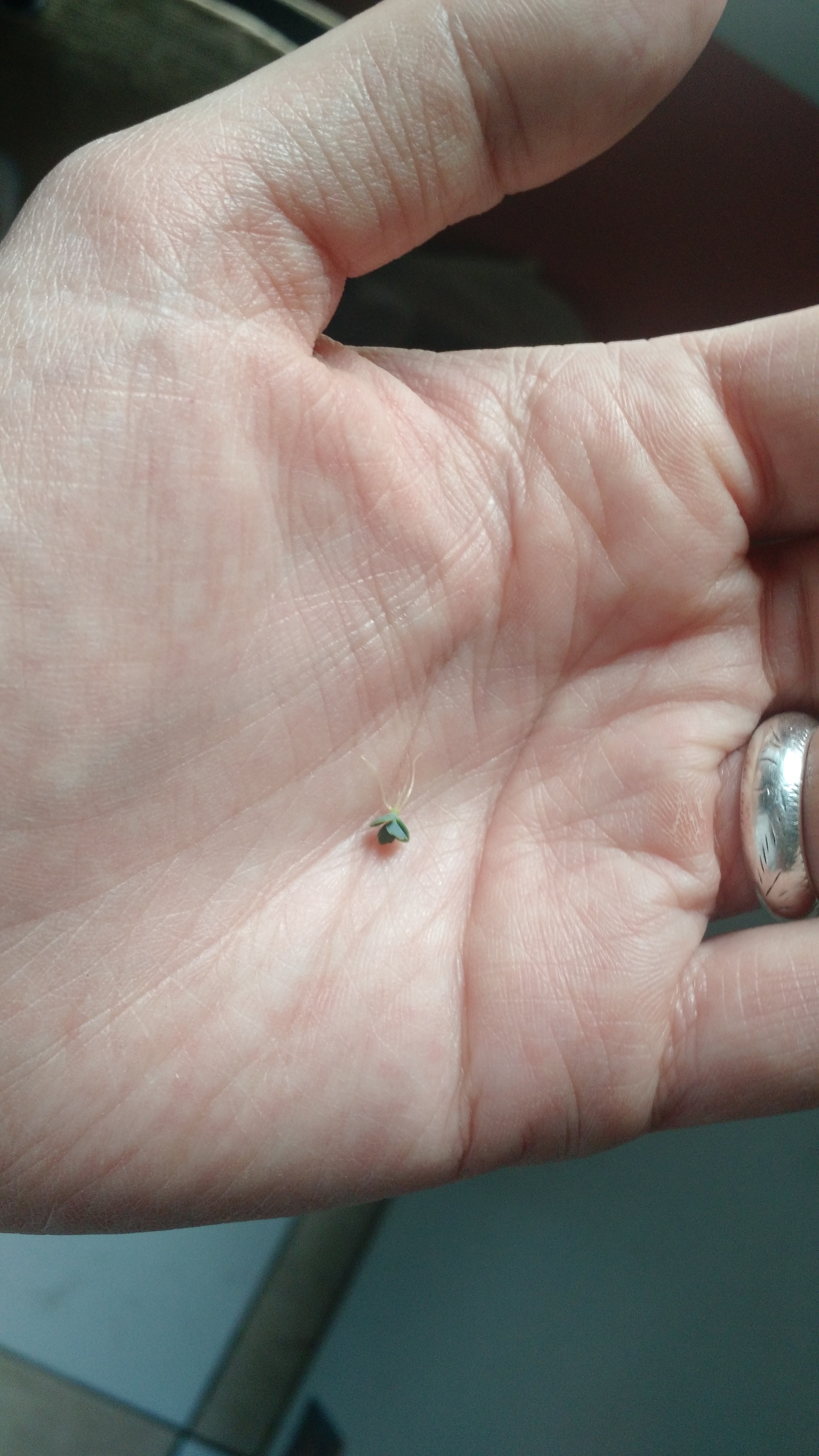The train whisked me away from my French family and back to Paris where I stood in the lobby of the Résidence Bastille, a youth hostel, along with thirteen other American students from colleges across the United States.
“Welcome to Paris,” said Janc, a French professor from Mankato State and our trip chaperone. He briefed us on our upcoming twelve days in The City of Light and then distributed handouts of our itinerary, architectural terms, and other vocabulary. “Have fun, but remember: you’ll be tested on what we see together.”
The jetlagged group around me nodded and yawned. Later that night, while the others slept off their disorientation from the time change and new surroundings, I rested in the bottom bunk in a room with five other girls and listened to the sounds of distant traffic, the foreign sirens, and the cooing of the pigeons that floated through the open window.
The next morning in the hostel’s dining room, Janc paced with his clipboard. We had a tight schedule to keep, and so we gulped down our bread with jam and tossed back our lattés. Then we set out to conquer Paris.
We made our first sightseeing stop at La Sainte-Trinité. Janc spoke of naves and chancels, but nausea rolled through me, forcing my thoughts away from the church’s structure. I tried to take notes, but next came the dizziness, and I grabbed onto a pillar. My vision tunneled to pinpricks, and our chaperone’s voice faded. What if I got ill in this pristine place? I shuffled toward the back door. Would I faint right here? Pain stabbed my stomach, and nothing else mattered. So much for the lesson—and the test to come—about the ancient building. I lowered to my hands and knees on the stone floor and pressed my cheek against its coolness.
A man helped me outside for fresh air. I didn’t understand his words, but kindness sounds the same in any language. Another student came out to check on me as I sat, woozy, on the front steps. I had just met my traveling companions, and here I was: The Sick One.
The next several days were equal parts architectural grandeur and gut-knifing agony. What had I eaten? I couldn’t imagine what had backfired, since the sandwich I had purchased from a street vendor had looked benign.
I made my legs walk along with the group. La Place Vendôme, Le Jardin des Tuileries, Les Champs-Élysées, L’Arc de Triomphe, and Le Tour Eiffel washed by me. I prayed the stabbing misery would ease off. I slogged through the day and consumed a little bread and bottled water that night before balling up, listless, in my bed at the hostel.
Still unwell the next day, I rallied anyway, refusing to miss a single outing. The smell of urine and adventure tinged the air at Montmartre near the innumerable steps to Le Sacré-Cœur, and the nearby Place de Tertre brimmed with aspiring artists selling their vibrant work. We visited the Père Lachaise Cemetery, its tombs the size of phone booths just large enough for a mourner to step inside, pray, and leave some flowers. Then we ambled by the final resting places of many famous people—Oscar Wilde, Molière, Edith Piaf, and more—and followed the spray-painted arrows which led us to Jim Morrison’s grave, the seeming pinnacle, if graffiti were any indication of a cemetery’s highlights.
The following day at the luxurious castle of Versailles, I was well enough to eat another sandwich, and I rejoiced with every bite. But somewhere between one of the countless gilded balconies and a marble bust of a notable person who would undoubtedly be on the final exam, pain again ripped through my stomach. What was wrong with me? My world shrank once more, and I longed to shove past the stanchions that cordoned off the king’s private chambers and curl up on his opulent bed.
Architectural terms like voûte d’ogive, voûte d’arête, and œil-de-bœuf blended with my malady, scarring my first five days in Paris. Once I recovered from my mal au cœur, though, the precarious wonders of foreign travel fused five of us students—Leeza, Kate, Mel, Amie, and me—and we snatched any free time we could to explore together. We tripped through the cobblestone city in impractical shoes. We shared fruit tartes, delicious dinners, and carafes de vin. We bought inexpensive jewelry and cheap t-shirts, blew through art museums in record time, and with our limited language skills, explained to a stylist at a salon how Leeza wanted her hair cut.
Soon, our twelve days in Paris ended. We would spend our next six weeks studying at l'Institut d'Etudes Françaises in La Rochelle. But first, we boarded a tour bus and set out for the Mont Saint-Michel, an island village built on a rock in Normandy. Janc told us stories about the famous ancient fortress surrounded by water while we trekked up the winding paths like the commoners who, centuries earlier, had made the same pilgrimage to the abbey on the hill.
But all good things end in a trip to the restroom, and so my friends and I visited les toilettes, a communal set-up with men’s stalls on one side and women’s on the other. As I washed my hands, I glanced at my watch. It was time to board the bus again, and our chaperone had urged us to be punctual. With only minutes to spare, we scrambled out to purchase the obligatory postcard or two and then hustled to meet up with the rest of the group.
I dropped into a seat toward the back of the bus while Janc took a headcount, bobbing his finger in the air like an orchestra conductor.
“We’re missing someone,” he said.
I darted a look around me. Leeza, Kate, Mel—but where was Amie? She had been in the restroom with us, but then what? Now that I thought about it, I hadn’t remembered seeing her in the postcard shop. Worry—and then guilt—needled me. How could I have rushed off to the bus without her?
I peered through the bus windows, hoping to spy my friend somewhere in the crowd of tourists that poured from the famous attraction. And then minutes later, she appeared. She bounded up the bus steps, made her way down the aisle, and plopped down next to me.
“Hey, where were you?” I said.
Winded, Amie laughed. “You’re never gonna believe what just happened in the bathroom.”
*Miss an installment of the blog? Or want to catch the story from the beginning? Visit http://www.tamarajorell.com/blog-entries-by-date
*Names in this blog have been changed to protect my family, neighbors, and friends in the neighborhood, and in a nod of appreciation to the beloved Swedish author Maj Lindman, I’ve renamed my three blondies Flicka, Ricka, and Dicka.
